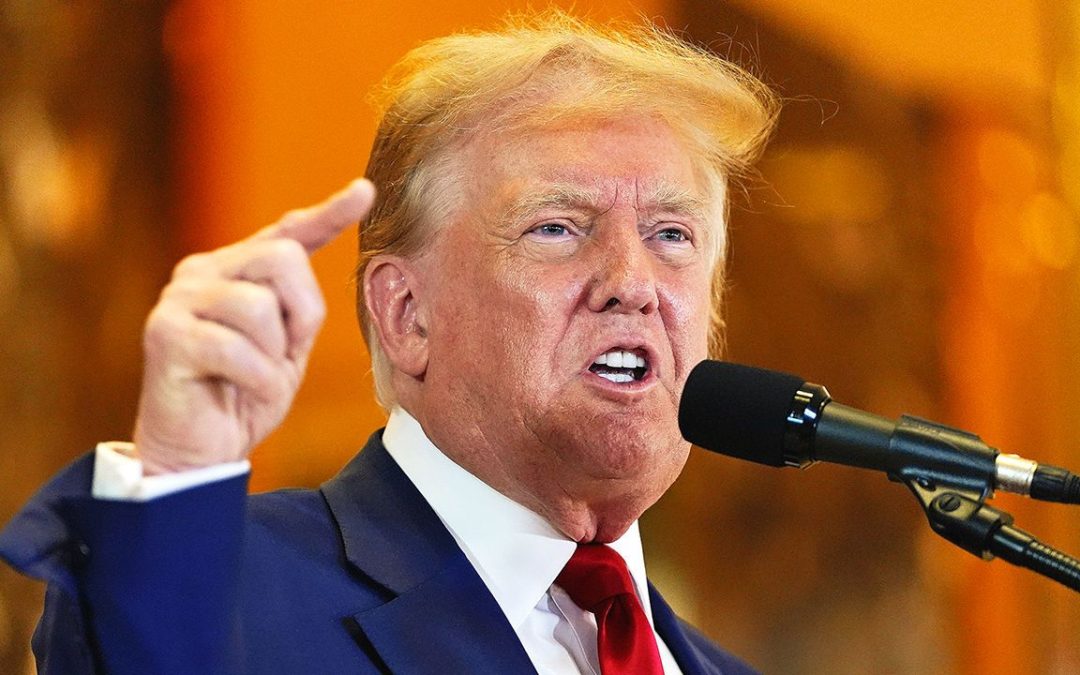Washington: U.S. President Donald Trump on Wednesday announced a 25% tariff on auto imports, a move aimed at boosting domestic manufacturing but one that could severely impact global automakers and trade relations. “This will continue to spur growth. We’ll effectively be charging a 25% tariff,” Trump told reporters.
Set to take effect on April 3, the tariffs are projected to generate $100 billion annually. However, concerns are rising over increased production costs, potential job losses, and possible retaliatory measures from affected nations. Trump insists the decision will lead to more factories in the U.S. and reduce reliance on what he calls a “ridiculous” global supply chain.
Japan: ‘Extremely Regrettable’
Japan strongly condemned the tariffs, calling them “extremely regrettable.” Government spokesperson Yoshimasa Hayashi expressed disappointment, while Prime Minister Shigeru Ishiba hinted at “appropriate measures” in response.
As the largest foreign investor in the U.S. auto industry, Japan fears major repercussions. “Japan has created significant jobs and investments in the U.S., which cannot be said for all countries,” Ishiba noted.
Following the announcement, Japanese automakers’ shares plummeted—Toyota fell 3.5%, Nissan 2.5%, and Mazda nearly 6%. Given that the auto sector contributes 10% of Japan’s economy, the tariffs pose a serious concern.
European Union: ‘Deep Regret’
European Commission President Ursula von der Leyen criticized the tariffs, warning of escalating trade tensions. “I deeply regret the U.S. decision to impose tariffs on European automotive exports,” she stated, emphasizing that the EU will seek diplomatic solutions while safeguarding its economic interests.
With Germany among the top auto exporters to the U.S., major European manufacturers—including Volkswagen, BMW, and Mercedes-Benz—face significant disruption.
Canada: ‘A Direct Attack’
Canadian Prime Minister Mark Carney called the tariffs “a direct attack” on Canada’s economy and workers. “We will defend our workers, our companies, and our country,” he asserted.
In response, Carney announced a $1.4 billion strategic response fund to protect Canadian auto jobs and warned of potential retaliatory measures. Autos are Canada’s second-largest export, employing over 600,000 people.
Ontario Premier Doug Ford cautioned that the tariffs could shut down auto plants on both sides of the border. Carney, a former Bank of Canada governor, also warned that Trump’s trade policies are hurting U.S. consumer confidence, which has fallen to its lowest level since 2021.
UK: ‘A Blow to US-UK Relations’
The UK’s Society of Motor Manufacturers and Traders (SMMT) also criticized the tariffs, warning they would harm both British and American businesses.
“This move is disappointing but not surprising,” said SMMT chief executive Mike Hawes. “It is a blow to a long-standing and productive relationship.”
While the Trump administration insists the tariffs will boost U.S. manufacturing and reduce the trade deficit, experts warn of higher car prices, job losses, and economic retaliation from major trading partners. With global automakers scrambling to assess the fallout, trade tensions are expected to intensify.





